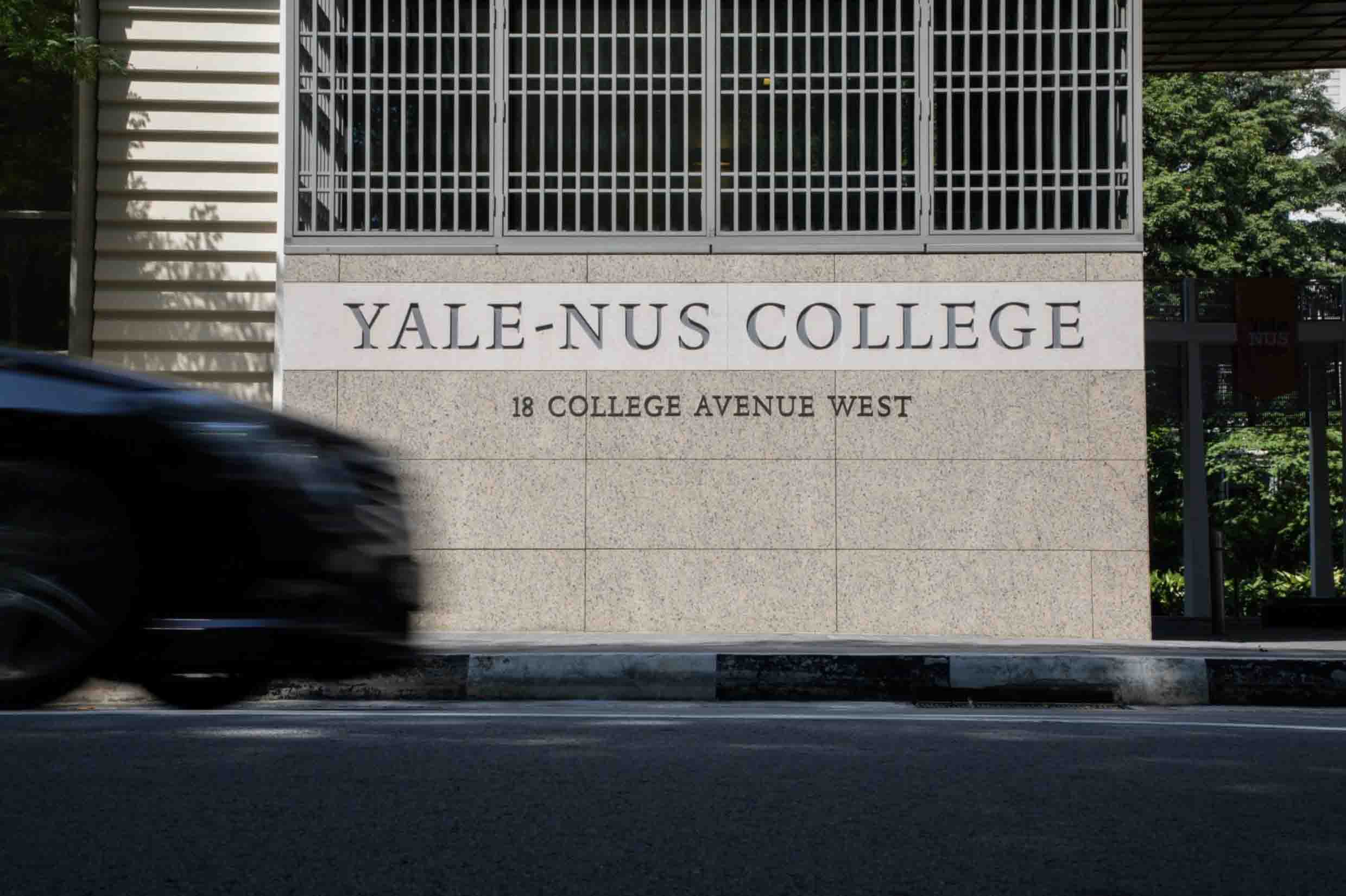
While the tradition of older students advising first-years began at Yale with the establishment of the FroCo program in 1938, this year marks the formal introduction of a similar peer mentorship program at Yale-NUS.
The new initiative — called the Residential College Advisory program — functions in a similar manner to Yale’s FroCo program, with selected seniors serving as mentors to a group of 12 to 15 first years. It was designed by a task force created in 2016 and consisting of Yale-NUS officials and members of the college’s class of 2017, according to Andrew McGeehan, senior manager in the Dean of Student’s Office at Yale-NUS. In order to design the program, McGeehan said, the task force looked at similar programs at Yale, Amherst, Grinnell and the University of Massachusetts, among other institutions.
“We were using all of them as background information to see how best practices at other institutions might also be relevant for us as we went about developing the new role, which is tailored to the specific needs of first-year students at Yale-NUS College,” McGeehan said.
He added that the new program is not based on any one model in particular, although he visited Yale last November to learn how the Fro-Co system works.
Hannah Peck, the assistant dean of student affairs at Yale, told the News that Yale administrators shared all their information about the Fro-Co program with Yale-NUS staff. But she also stressed that Yale-NUS members developed the program in response to the “specific needs of their community.”
“Of course, what works well for one community can’t be simply copied and set down in another community,” Peck said.
The Residential College Advisor program replaced a system in which dean’s fellows — full-time staffers who work in the residential colleges — led support groups for first years. Now, the dean’s fellows serve as advisers for upper-level students and also supervise the residential college advisors.
“So far, I think [the Residential College Advisor program] is going well,” McGeehan said. “We have a very talented and capable team and they are doing an excellent job supporting our first-year students. Having an upperclass student guide you through your first year is invaluable and our RCAs are bringing a lot of passion and creativity to their role.”
Recruitment for the inaugural residential college advisors involved wide advertising, emails, events and personal notices geared toward rising seniors who were thought to be a good fit, McGeehan said. The selection process formally began in April and required the completion of an application, as well as an interview with a dean’s fellow and a senior to discuss potential challenges that a residential college advisor might face.
Evan Asava Aree, a Yale-NUS residential college advisor, said he applied to the program to give back to the community that helped him grow.
“The most rewarding experience has been seeing the freshmen grow into college life in different facets, from making new friends, to taking on new challenges in academics and extracurricular activities,” Aree said.
Similar to Yale College Fro-Cos, Aree said, residential college advisors at Yale-NUS live in close proximity to the first years, run group meetings and are “on duty” each night. But unlike Fro-Cos, residential college advisers are not responsible for meeting with first years to approve academic schedules, according to McGeehan.
Still, Xin Ran Yap, a first year at Yale-NUS, said her residential college advisor helped her address both social and academic concerns.
“The RCA group allowed me to get out of my comfort zone by forcing me to interact with people I’m not familiar with, which was great,” Yap said.
Yale-NUS opened in 2013.
Carly Wanna | carly.wanna@yale.edu







